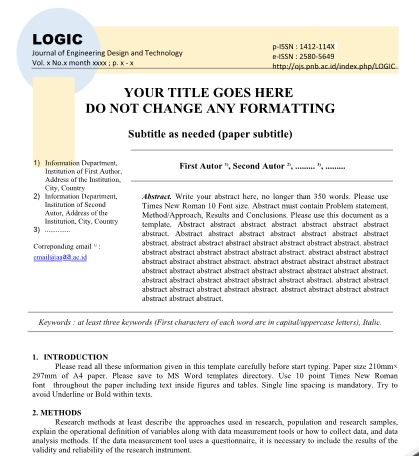EXPERIMENTAL STUDY OF THE EFFECT OF REACTOR TEMPERATURE RECONSTRUCTION ON FUEL CONSUMPTION AND DISTILLATE QUANTITY
Keywords:
temperature, energy, destillateAbstract
Temperature is a measure or degree of hotness or coldness of an object or system which is defined as a physical quantity that is divided between two or more objects that are in thermal equilibrium. The second law of thermodynamics states that there is no reversible process in which heat flows naturally from a high-temperature object to a low-temperature object, and not vice versa. Heat is energy that is transferred due to a temperature difference. This heat transfer always occurs and the process stops until thermal equilibrium occurs. In a high temperature distillation column, the distillate fluid will tend to be at the top and the bottom will tend to be cooler even though the heat treatment is carried out at the bottom. Thermal equilibrium is reached in a relatively long time because the distillation system is open. The addition of the pump aims to reconstruct the temperature so that it reaches thermal equilibrium more quickly. The process is carried out for 60 minutes using 25 liters of raw materials of the same quality and the temperature is set at 90 degrees Celsius. The average temperature difference in the reactor is 86.11%, the decrease in fuel consumption is 30.3%, and the increase in distillation quantity between the reactor without a pump compared to the reactor with a pump is 16.67%.Published
2022-07-30
How to Cite
Ida Bagus Puspa Indra, I Made Anom Adiaksa, & Gusti Ngurah Ardana. (2022). EXPERIMENTAL STUDY OF THE EFFECT OF REACTOR TEMPERATURE RECONSTRUCTION ON FUEL CONSUMPTION AND DISTILLATE QUANTITY. Logic : Jurnal Rancang Bangun Dan Teknologi, 22(2), 166–170. https://doi.org/10.31940/logic.v22i2.174-178
Issue
Section
Articles
Copyright & Licensing








